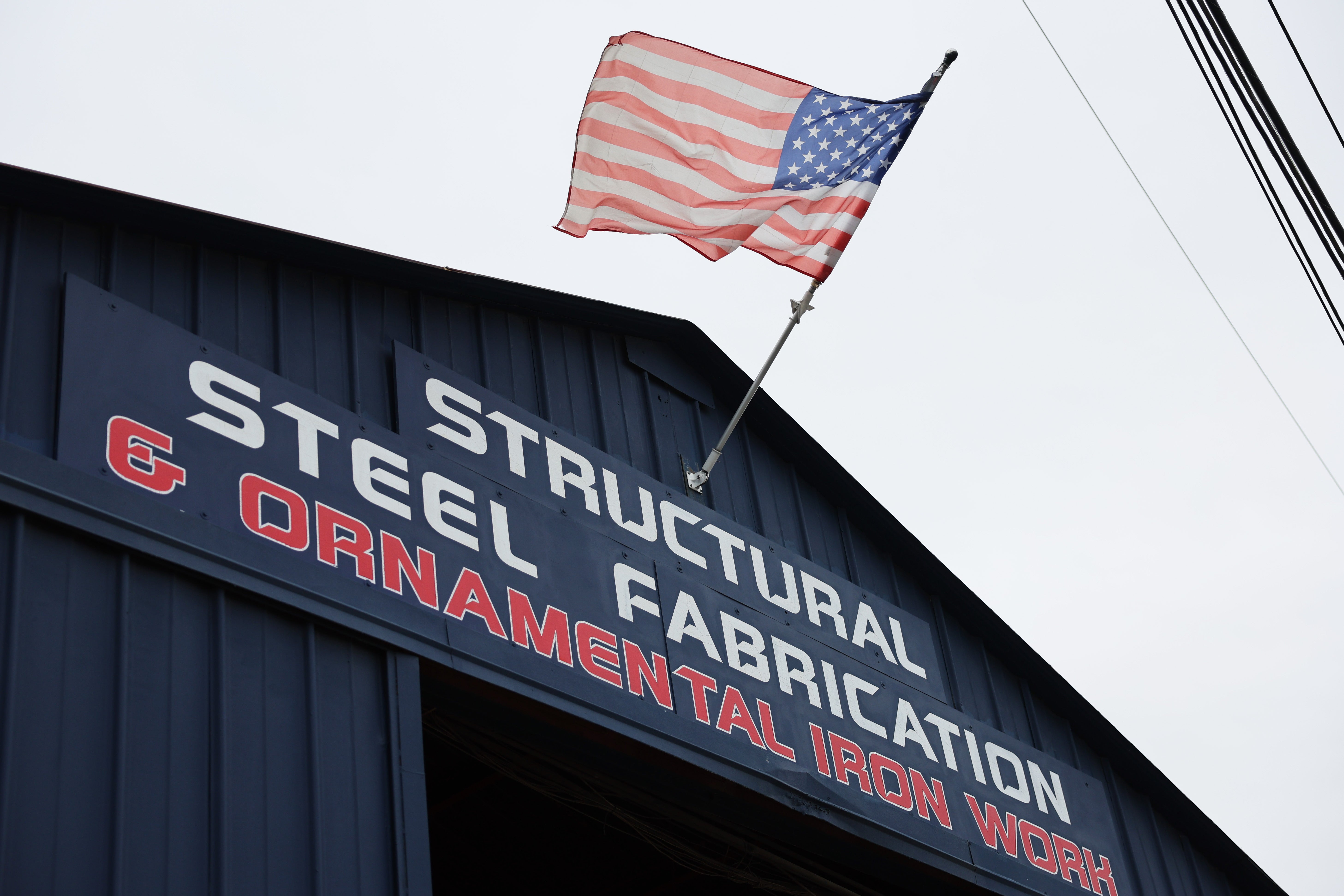Trump’s steel and aluminum tariffs: What items could soon cost you more
New tariffs on metals target more than $150 billion worth of imported goods
The cost of cars, appliances, tools, medical devices and other products made with steel and aluminum are likely to increase over the next few months after President Donald Trump imposed sweeping 25 percent tariffs on the metals.
As part of the president’s broader effort to transform global trade in what he believes is the U.S.’s favor and bolster domestic production of steel and aluminum, Trump enacted tariffs on Wednesday similar to those during his first term.
However, this time around, there are no exemptions for certain countries, including the U.S.’s largest trading partners Mexico and Canada, meaning manufacturers who rely heavily on imported steel and aluminum will likely pay more for materials, costs which could be passed onto consumers.
"These are not the steel and aluminum tariffs of the last time," Dan Ujczo, a trade lawyer who specializes in U.S.-Canada trade, told Reuters. "These are the very products that consumers will feel on the shelves, in the construction industry in particular, and automotive."
The proposed tariffs are expected to target more than $150 billion in imported products, in addition to raw materials, ranging from household appliances, such as gas ranges to steel screws.
Here is a look at the products that could soon cost you more:

Vehicle parts
Automobile manufacturers, many of whom import parts or pieces made with steel or aluminum from Canada and Mexico, are likely going to feel the impact of the tariffs.
As a result, manufacturers could raise the price of vehicles or vehicle repairs to compensate for the higher material costs. Ultimately, car buyers will pay the cost.
“The North American auto industry has been working for 30 years in harmonized production and shipment of parts and vehicles across all three countries’ borders," Sam Fiorani, the vice president of global vehicle forecasting at Auto Forecast Solutions, told the Detroit Free Press.
"Disrupting the price of those vehicles or parts from Canada and/or Mexico will only increase the price of vehicles and scare consumers away from buying them."

Household appliances
Home appliances such as refrigerators, washing machines, air conditioners, gas ranges and sinks rely on steel and aluminum to be built. Even if those materials are manufactured in the U.S., the impact on the domestic supply chain could force companies to raise prices.
After Trump’s 2018 tariffs, major household appliances increased in price between 5 and 10 percent between June 2018 and April 2019, the Consumer Price Index showed.
Construction material
Construction costs for residential homes, commercial buildings, furniture and more could rise substantially due to the increased cost of raw materials such as nuts, bolts, screws and rolled steel.
One economic impact analysis of Trump’s 2018 steel and aluminum tariffs – which had exemptions for the U.S.’s largest trading partners – found that the average price of hot-rolled steel increased more than 166 percent from $697 per metric ton to $1,855 per metric ton between December 2017 and December 2021.

Canned foods and beverages
Approximately 70 percent of the steel used to manufacture cans for food come from companies in the European Union, according to the Can Manufacturers Institute. That means many products that use cans could see price increases.
“Consumers will feel the inflationary impact of these tariffs at the grocery store,” the institute’s president, Robert Budway, said in a press release.
Budway said history has demonstrated how trade protectionist measures “have serious impacts for the U.S. economy and domestic food security” by putting too much pressure on U.S. manufacturers, thus leaving the door open for cheaper international manufacturers to provide products for the U.S.
Join our commenting forum
Join thought-provoking conversations, follow other Independent readers and see their replies
Comments
Bookmark popover
Removed from bookmarks